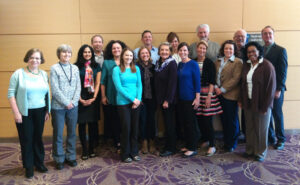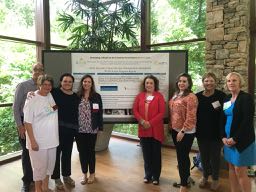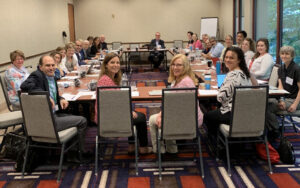Congenital heart defects associated with aneuploidy syndromes
Article Title: Congenital heart defects associated with aneuploidy syndromes: New insights into familiar associations
Authors: Lin, Santoro, High, Goldenberg, and Gutmark-Little
Date of Publication: November 7, 2019
“The frequent occurrence of congenital heart defects (CHDs) in chromosome abnormality syndromes is well-known, and among aneuploidy syndromes, distinctive patterns have been delineated. We update the type and frequency of CHDs in the aneuploidy syndromes involving trisomy 13, 18, 21, and 22, and in several sex chromosome abnormalities (Turner syndrome, trisomy X, Klinefelter syndrome, 47,XYY, and 48,XXYY).We also discuss the impact of noninvasive prenatal screening (mainly, cell-free DNA analysis), critical CHD screening, and the growth of parental advocacy on their surgical management and natural history. We encourage clinicians to view the cardiac diagnosis as a ‘phenotype’ which supplements the external dysmorphology examination. When detected prenatally, severe CHDs may influence decision-making, and postnatally, they are often the major determinants of survival. This review should be useful to geneticists, cardiologists, neonatologists, perinatal specialists, other pediatric specialists, and general pediatricians. As patients survive (and thrive) into adulthood, internists and related adult specialists will also need to be informed about their natural history and management.”



